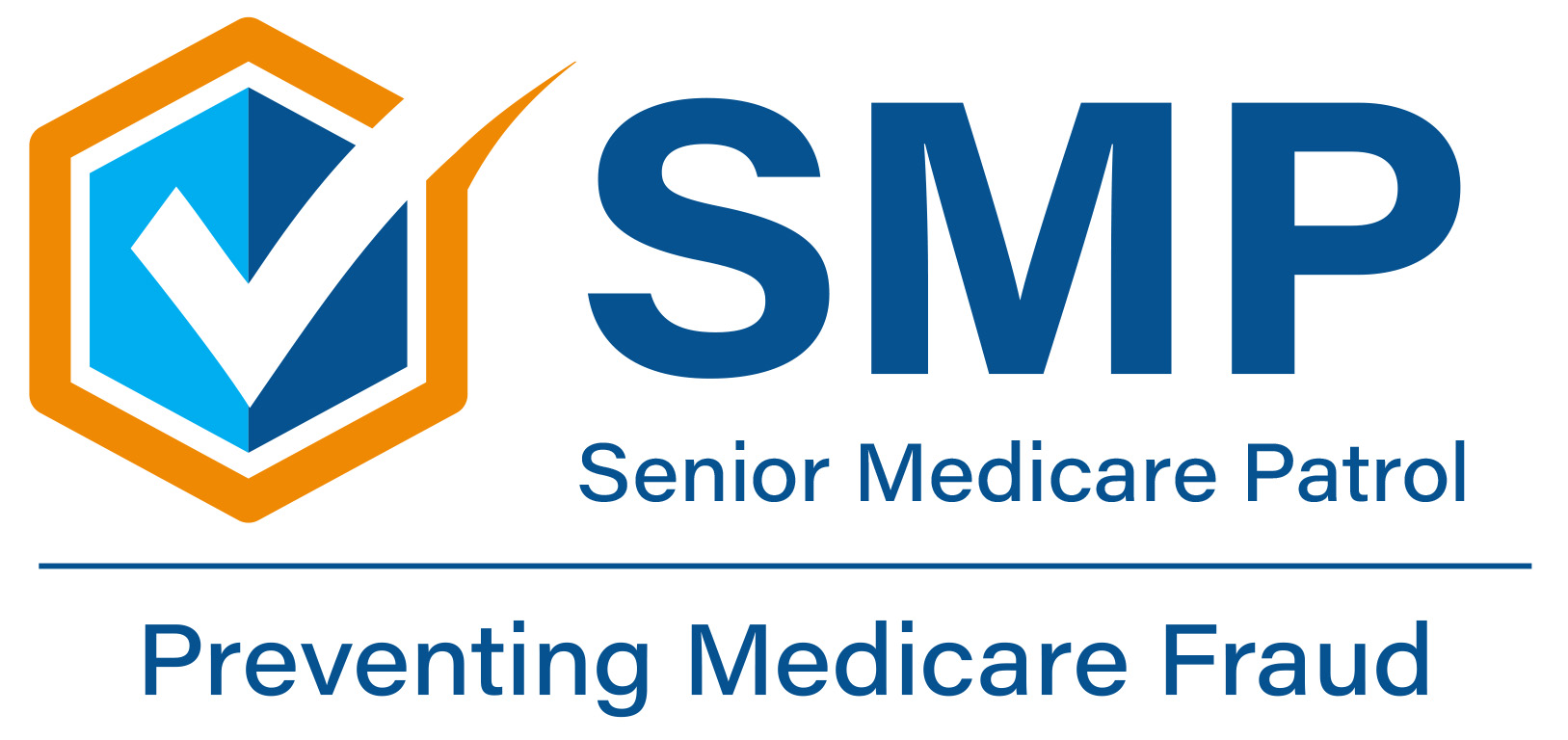Nursing Home Care Fraud
Medicare doesn’t generally pay for long-term nursing home care. However, Medicare Part A covers medically necessary, short-term care in a skilled nursing facility (SNF) within a nursing home under certain conditions. SNFs play a crucial role in providing therapy and rehabilitation after you or a loved one has suffered a debilitating illness or stroke. After a qualifying stay in the hospital, Medicare beneficiaries frequently need some time in a SNF to regain their strength.
However, some unscrupulous facilities (even some associated with national chains) have taken to fraudulent billing.
Report potential nursing home care fraud, errors, or abuse if:
- You see on your Medicare Summary Notice (MSN) or Explanation of Benefits (EOB) charges for:
- Services that were not deemed medically necessary by your doctor
- Therapy services or visits that were billed to Medicare but were not provided
- More expensive services than what you were provided
- More therapy than what you were provided
- Skilled nursing services for dates after you were released from the SNF
- You are forced to remain in a SNF until your Part A benefits have expired even though your condition has improved and you wish to change to home health care services
To learn more about tips related to nursing home care fraud, click here.
To learn how to read your Medicare Summary Notice (MSN) and Explanation of Benefits (EOB), click here.
Report Suspected Fraud
To report suspected fraud, click here.
SMP Resources
- Nursing Home Care Fraud Tip Sheet
(English) (Arabic) (Chinese Simplified) (French) (German) (Korean) (Russian) (Spanish) (Tagalog) (Vietnamese)
- Nursing Home Care Fraud Infographic
(English) (Arabic) (Chinese Simplified) (French) (German) (Korean) (Russian) (Spanish) (Tagalog) (Vietnamese)
- Nursing Home Care Video
(English) (Arabic) (Chinese Simplified) (French) (German) (Korean) (Russian) (Spanish) (Tagalog) (Vietnamese)
